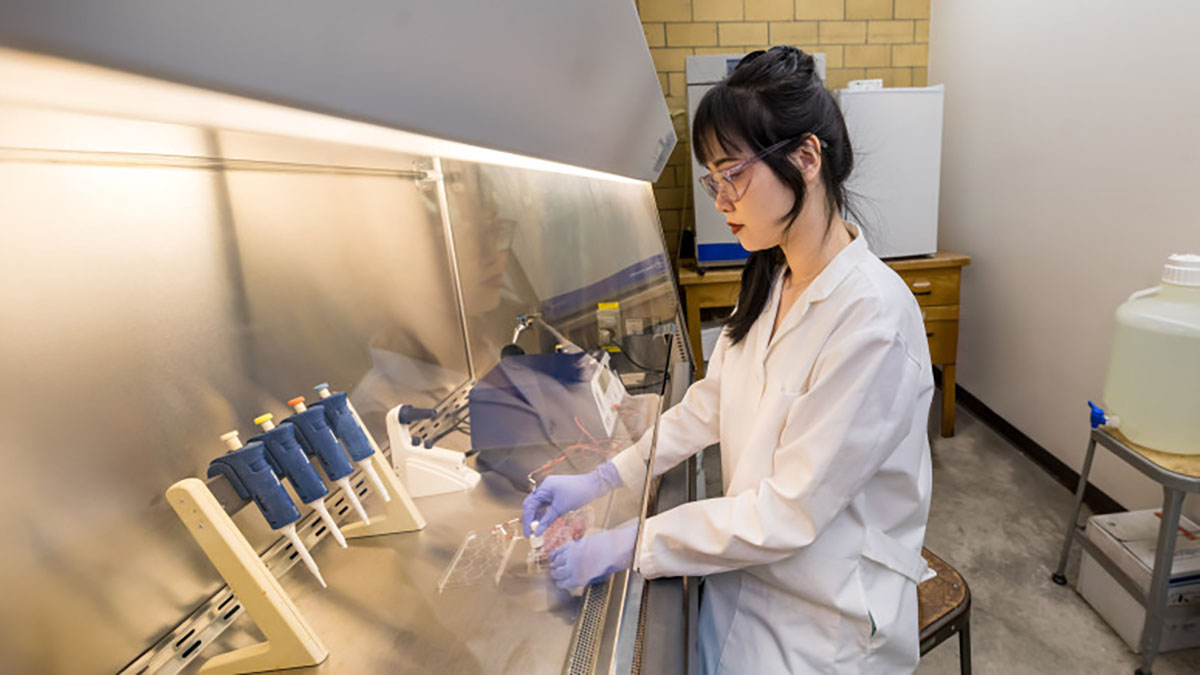
30 Apr An electrifying discovery may help doctors deliver more effective gene therapies
By Jason Daley, UW News
In an effort to improve delivery of costly medical treatments, a team of researchers in electrical engineering at the University of Wisconsin–Madison has developed a stimulating method that could make the human body more receptive to certain gene therapies.
The researchers exposed liver cells to short electric pulses — and those gentle zaps caused the liver cells to take in more than 40 times the amount of gene therapy material compared to cells that were not exposed to pulsed electric fields. The method could help reduce the dosage needed for these treatments, making them much safer and more affordable. The research appears April 30 in the journal PLOS ONE.
Gene therapy is a promising medical technology: By replacing, altering or introducing new genetic material into a patient’s cells, doctors may be able to cure or compensate for genetic diseases, including cystic fibrosis, sickle-cell disease, hemophilia and diabetes. Read more…



